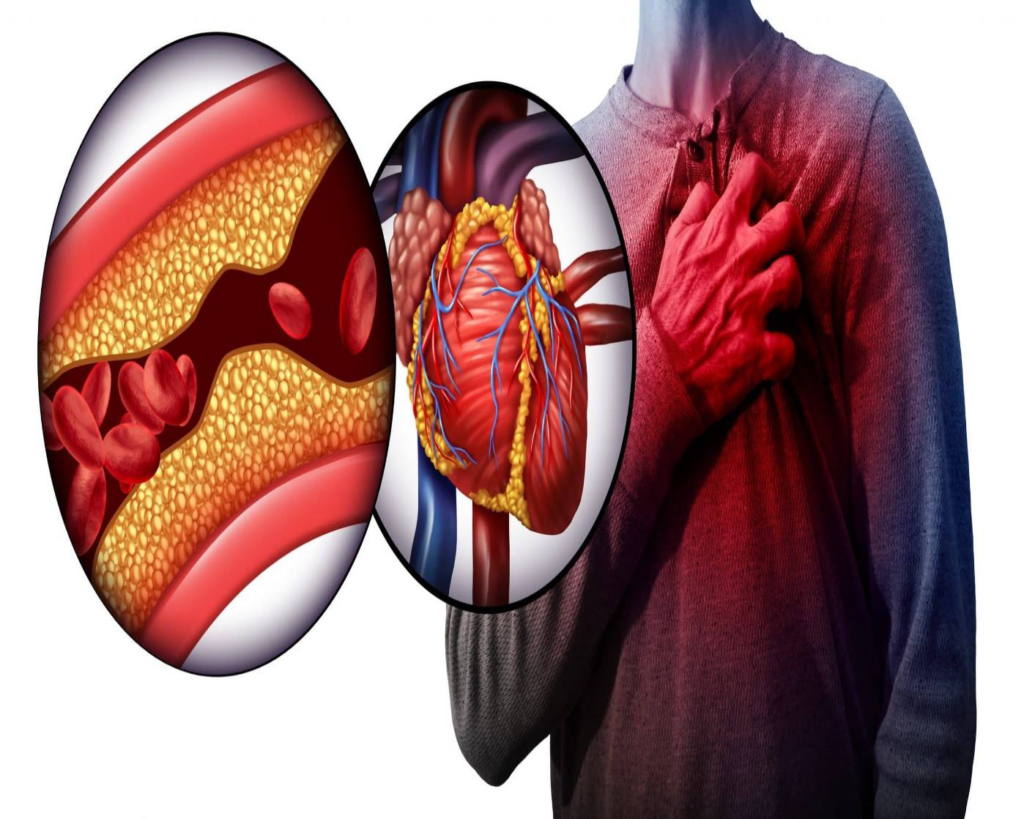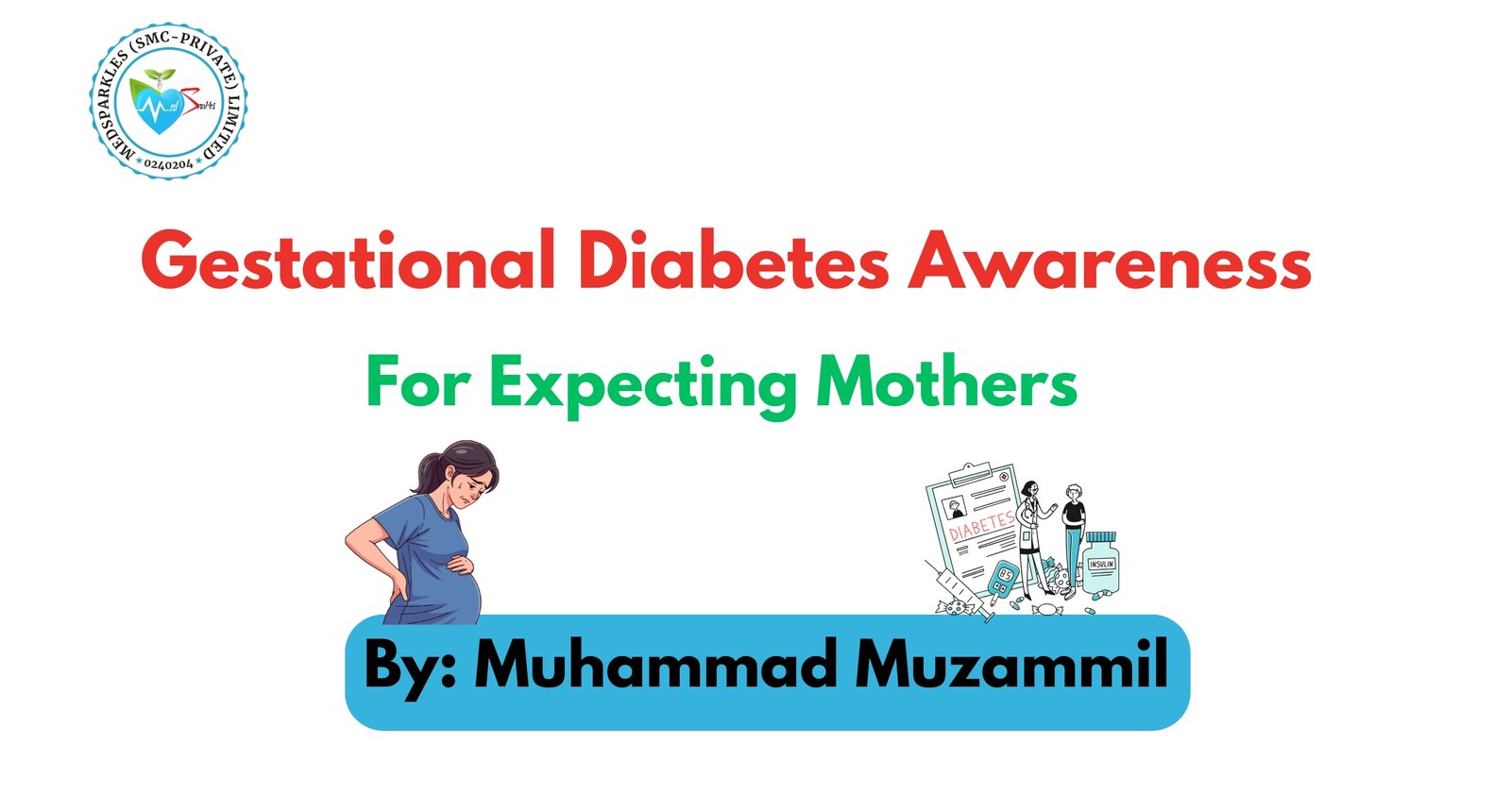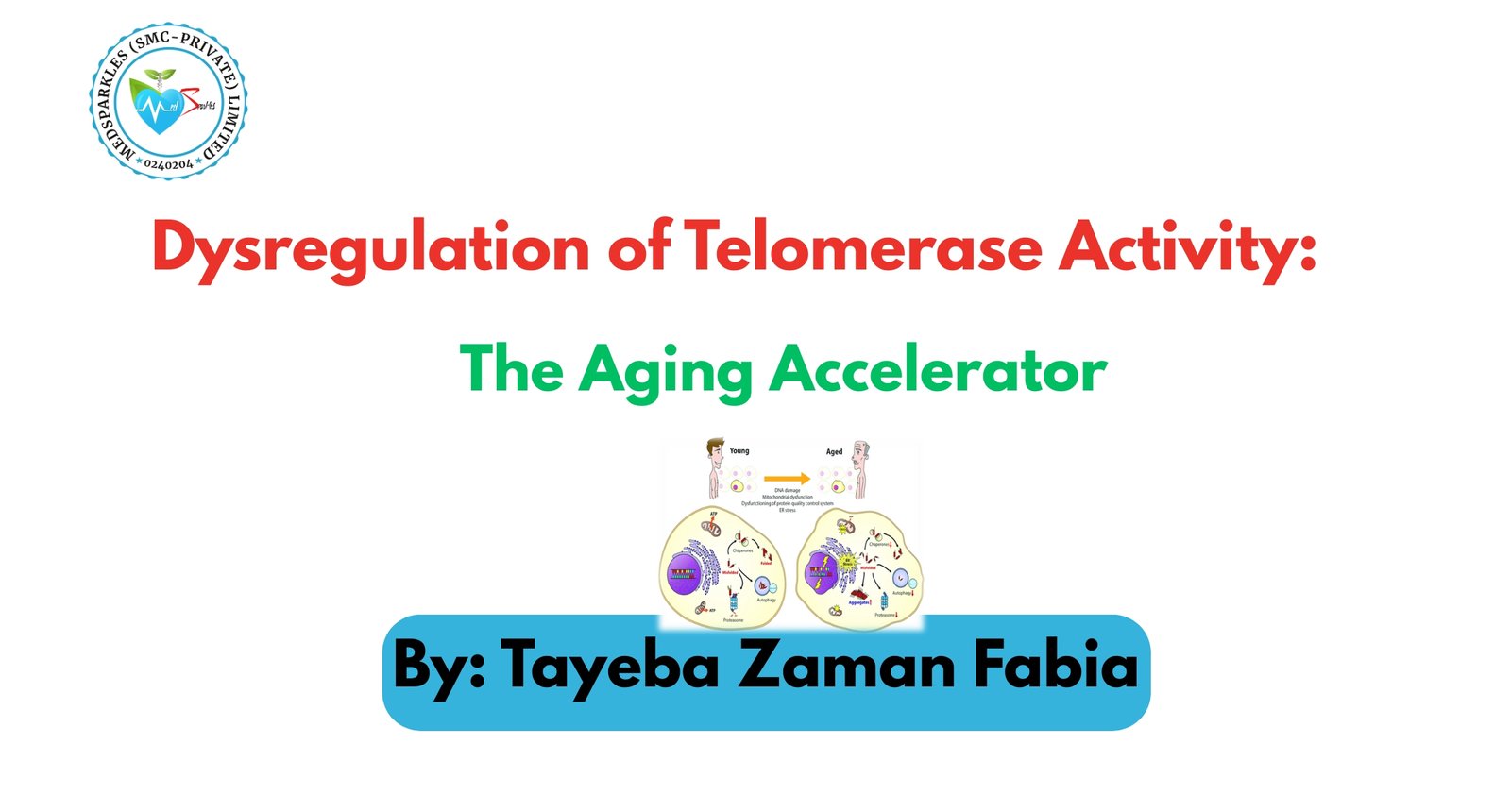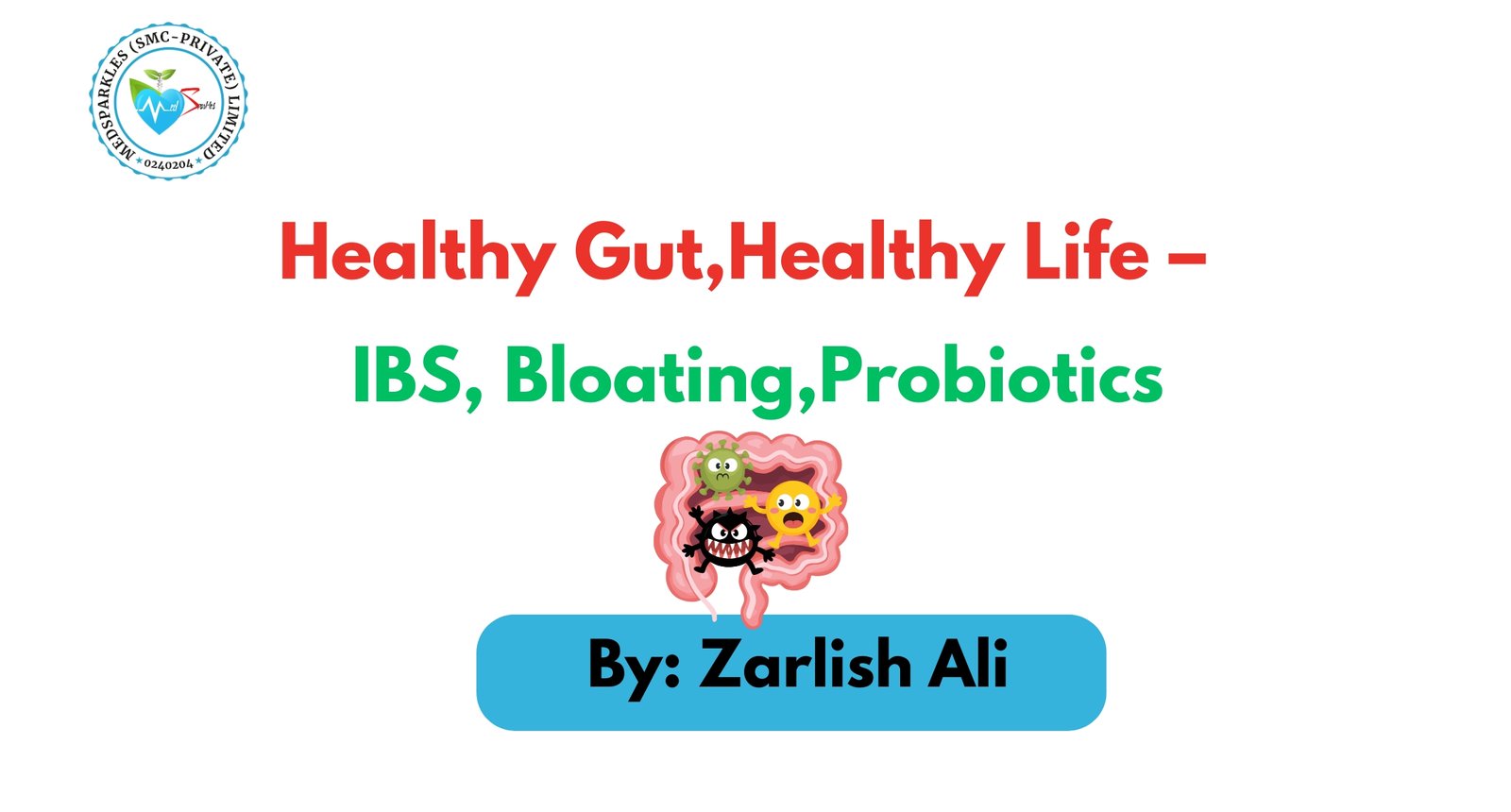INTRODUCTION
Hypertension, commonly known as high blood pressure, affects millions of people worldwide and is a significant risk factor for cardiovascular diseases, stroke, and other health complications. While medication can be effective in managing hypertension, lifestyle modifications play a crucial role in controlling blood pressure and reducing the risk of complications. In this blog, we’ll explore various lifestyle changes that can help individuals manage hypertension effectively and improve their overall health.
Understanding Hypertension:
Before delving into lifestyle modifications, it’s essential to understand hypertension. Blood pressure is the force of blood against the walls of your arteries as your heart pumps it around your body. When this pressure is consistently too high, it can damage the arteries and lead to serious health problems.
Lifestyle Modifications for Managing Hypertension:
1.
Healthy Diet:
•
Adopting a heart-healthy diet rich in fruits, vegetables, whole grains, and lean proteins can significantly lower blood pressure. The Dietary Approaches to Stop Hypertension (DASH) diet, which emphasizes fruits, vegetables, and low-fat dairy products, has been proven effective in reducing hypertension.
•
Limiting sodium intake is crucial as excess sodium can cause fluid retention and raise blood pressure. Avoid processed foods and opt for fresh ingredients whenever possible. Reading food labels can help identify high-sodium products.
•
Potassium-rich foods like bananas, oranges, spinach, and sweet potatoes can counteract the effects of sodium and help lower blood pressure.
2.
Regular Exercise:
•
Engaging in regular physical activity is vital for managing hypertension. Aim for at least 150 minutes of moderate-intensity aerobic exercise or 75 minutes of vigorous-intensity exercise per week.
•
Activities such as brisk walking, cycling, swimming, and dancing are excellent choices for improving cardiovascular health and lowering blood pressure.
•
Strength training exercises involving weights or resistance bands can also contribute to better blood pressure control and overall fitness.
3.
Weight Management:
•
Maintaining a healthy weight is crucial for managing hypertension. Excess weight puts added strain on the heart and blood vessels, increasing the risk of high blood pressure.
•
Losing even a modest amount of weight can lead to significant reductions in blood pressure. Aim for gradual, sustainable weight loss through a combination of dietary changes and increased physical activity.
•
Consulting with a healthcare provider or a registered dietitian can provide personalized guidance and support for weight management.
4.
Stress Reduction:
•
Chronic stress can contribute to hypertension by elevating cortisol levels and increasing blood pressure. Finding healthy ways to manage stress is essential for overall well-being.
•
Practices such as meditation, deep breathing exercises, yoga, and mindfulness can help reduce stress and promote relaxation.
•
Engaging in hobbies, spending time with loved ones, and prioritizing self-care activities are also effective strategies for stress management.
5.
Limit Alcohol Consumption:
•
Excessive alcohol consumption can raise blood pressure and contribute to hypertension. Limiting alcohol intake is crucial for maintaining healthy blood pressure levels.
•
Men should limit alcohol consumption to no more than two drinks per day, while women should limit intake to one drink per day. A standard drink is defined as 12 ounces of beer, 5 ounces of wine, or 1.5 ounces of distilled spirits.
6.
Quit Smoking:
•
Smoking not only damages the lungs but also increases the risk of hypertension and cardiovascular disease. Quitting smoking is one of the most significant steps individuals can take to improve their heart health.
•
Seek support from healthcare professionals, quit-smoking programs, or support groups to increase the chances of successfully quitting smoking.
•
Avoiding exposure to secondhand smoke is also essential for reducing the risk of hypertension and other health problems.

CONCLUSION
Lifestyle modifications play a crucial role in managing hypertension and reducing the risk of cardiovascular complications. By adopting a healthy diet, engaging in regular exercise, maintaining a healthy weight, managing stress, limiting alcohol consumption, and quitting smoking, individuals can take control of their blood pressure and improve their overall health and well-being. Incorporating these lifestyle changes into daily routines can lead to long-term benefits and a lower risk of hypertension-related complications. Remember, small changes can make a big difference in managing hypertension and living a healthier life.
.




